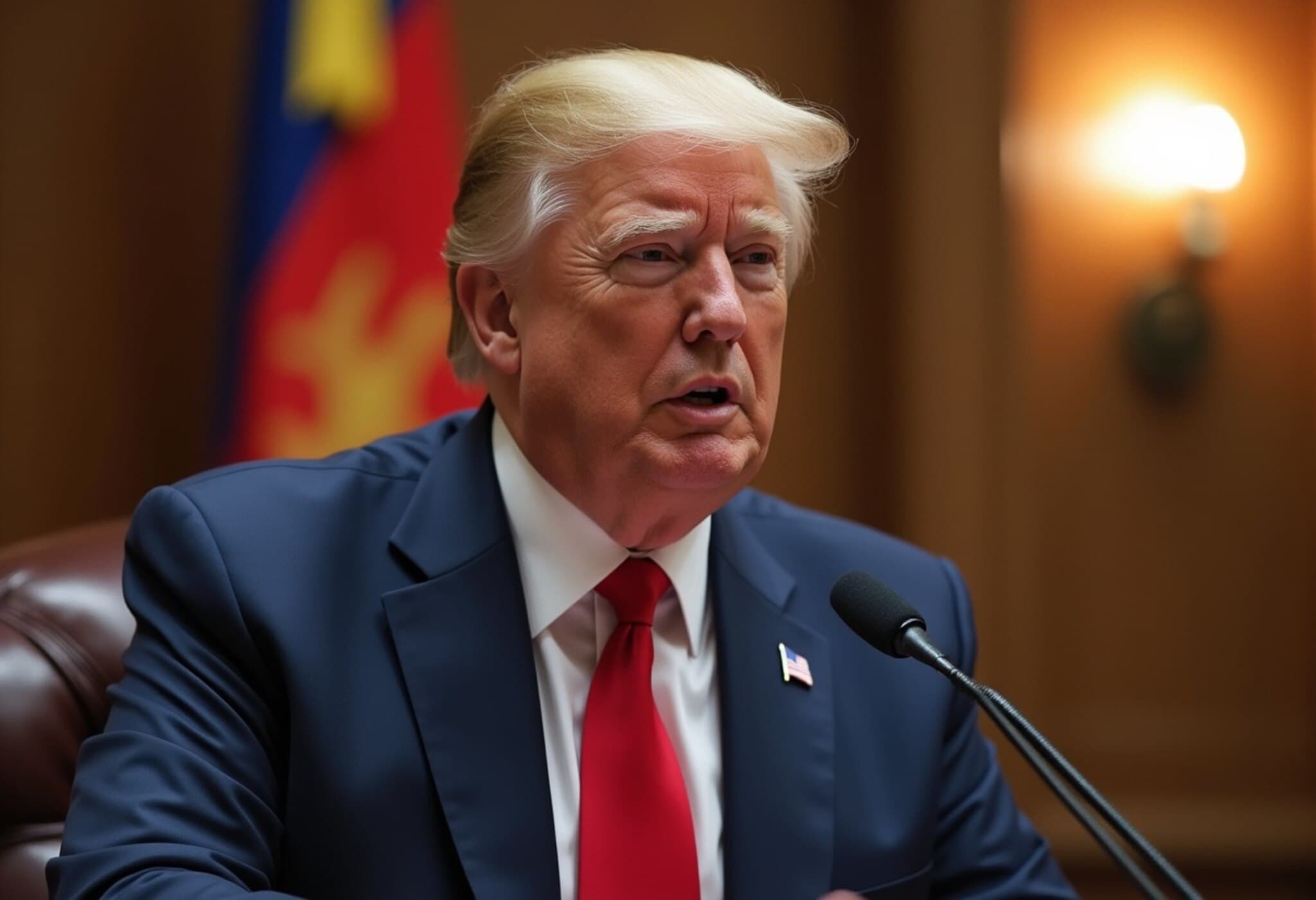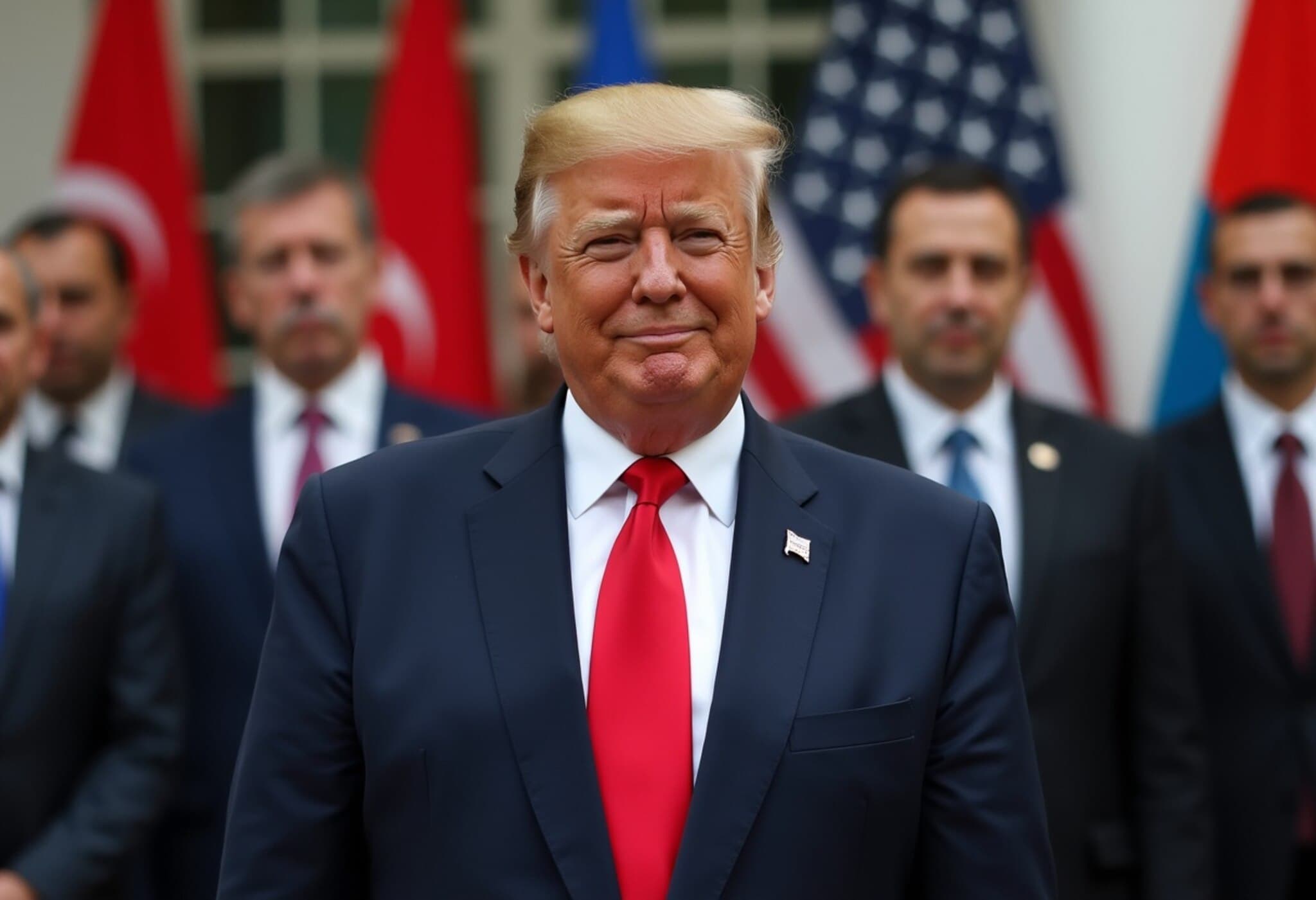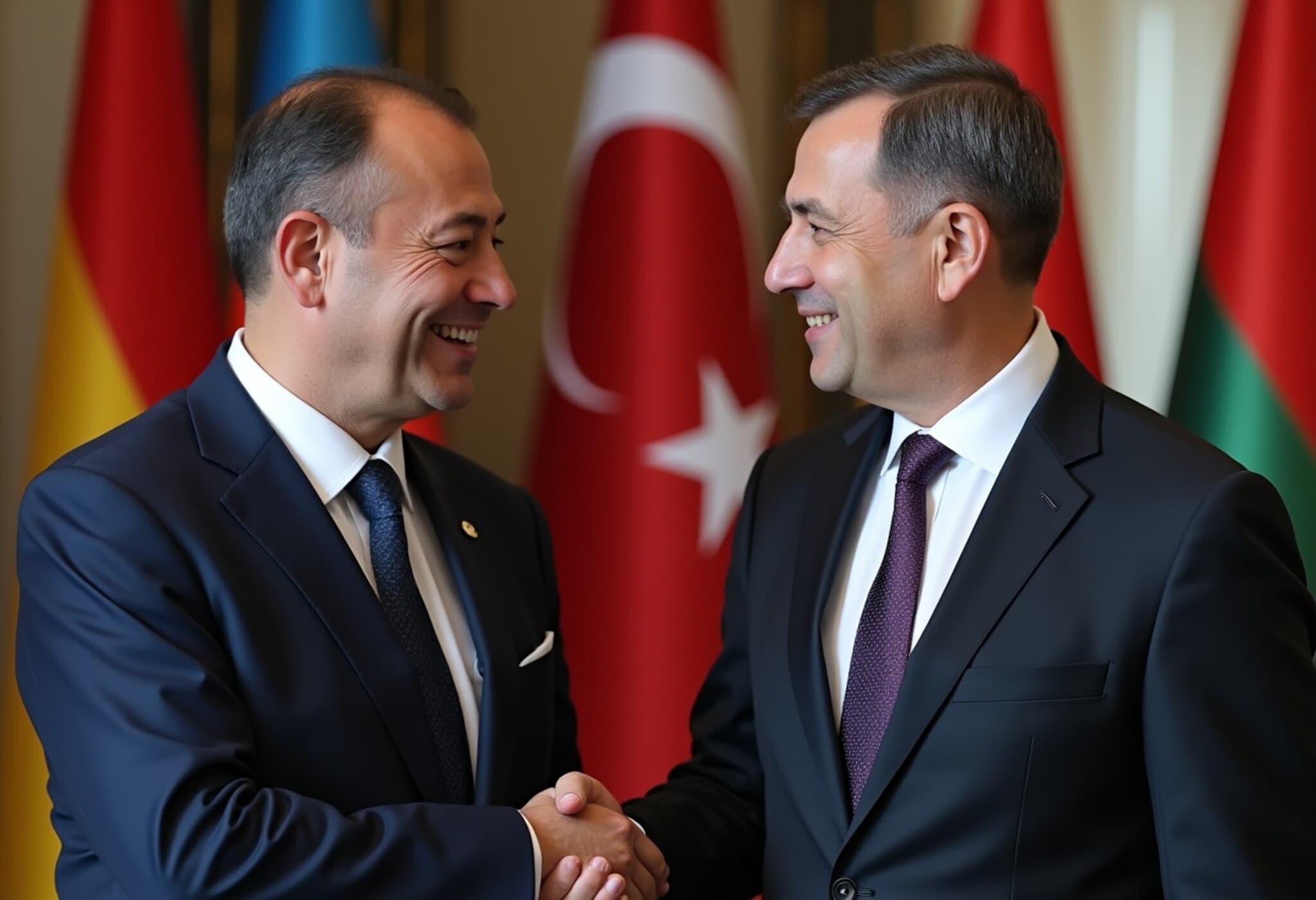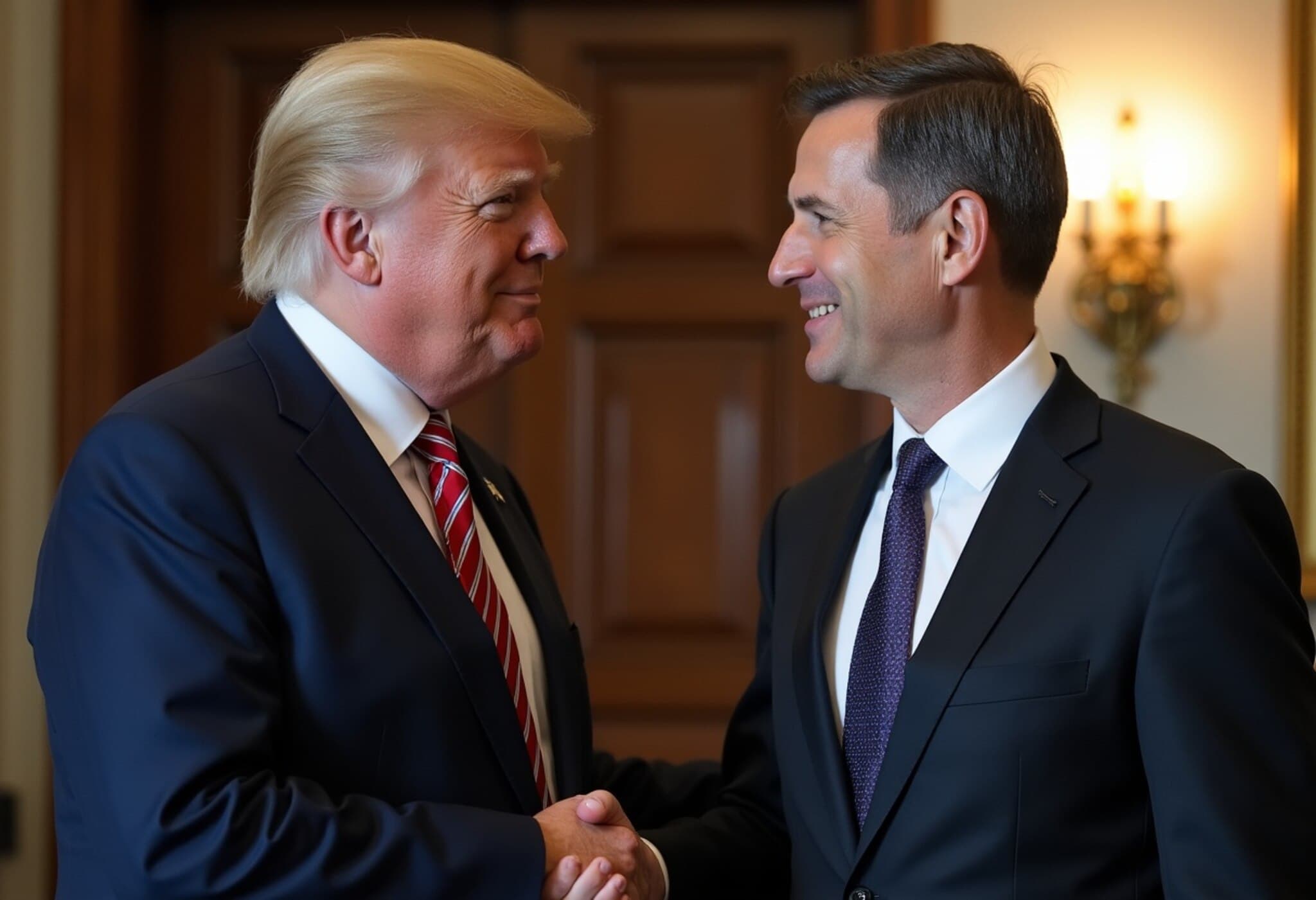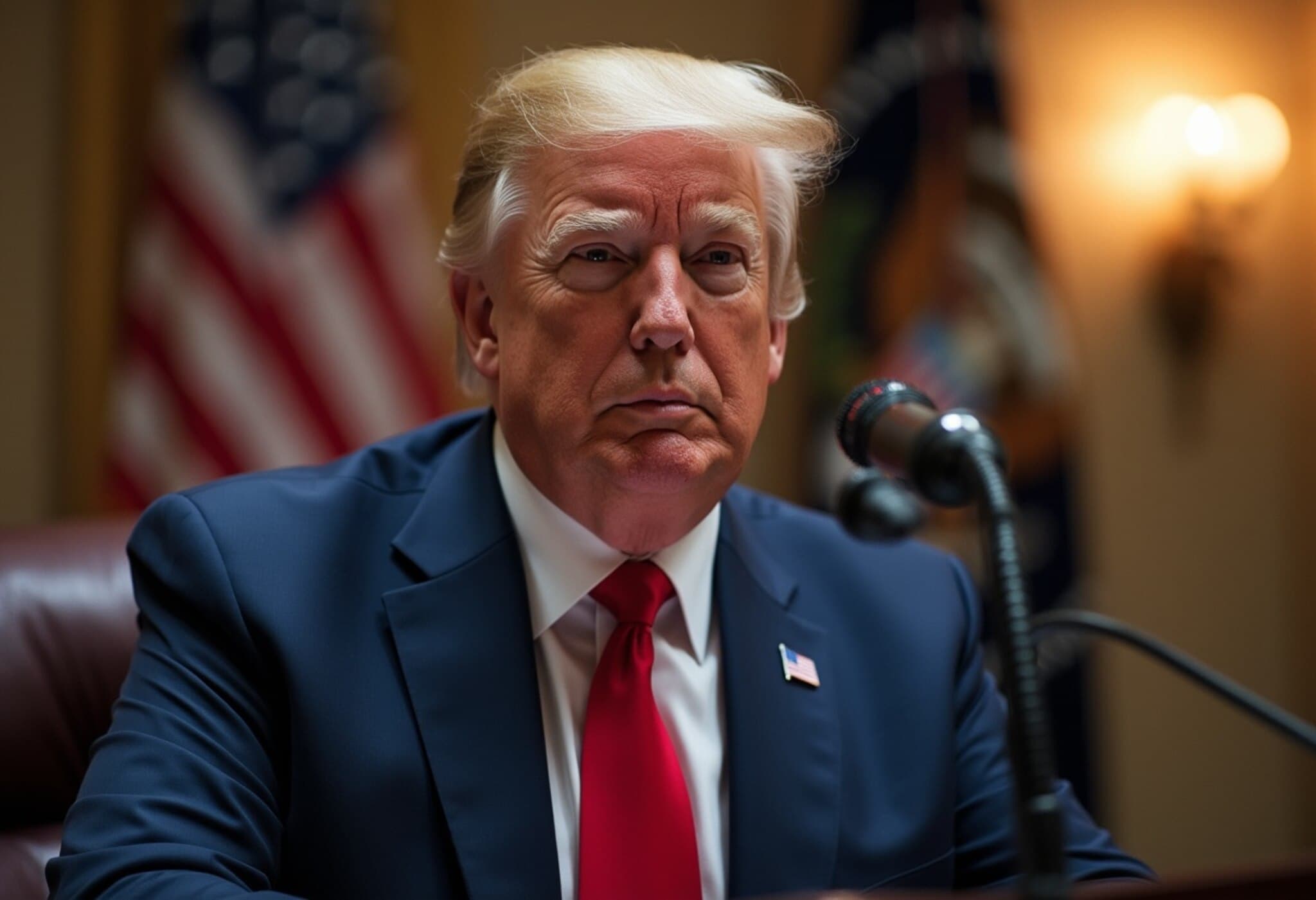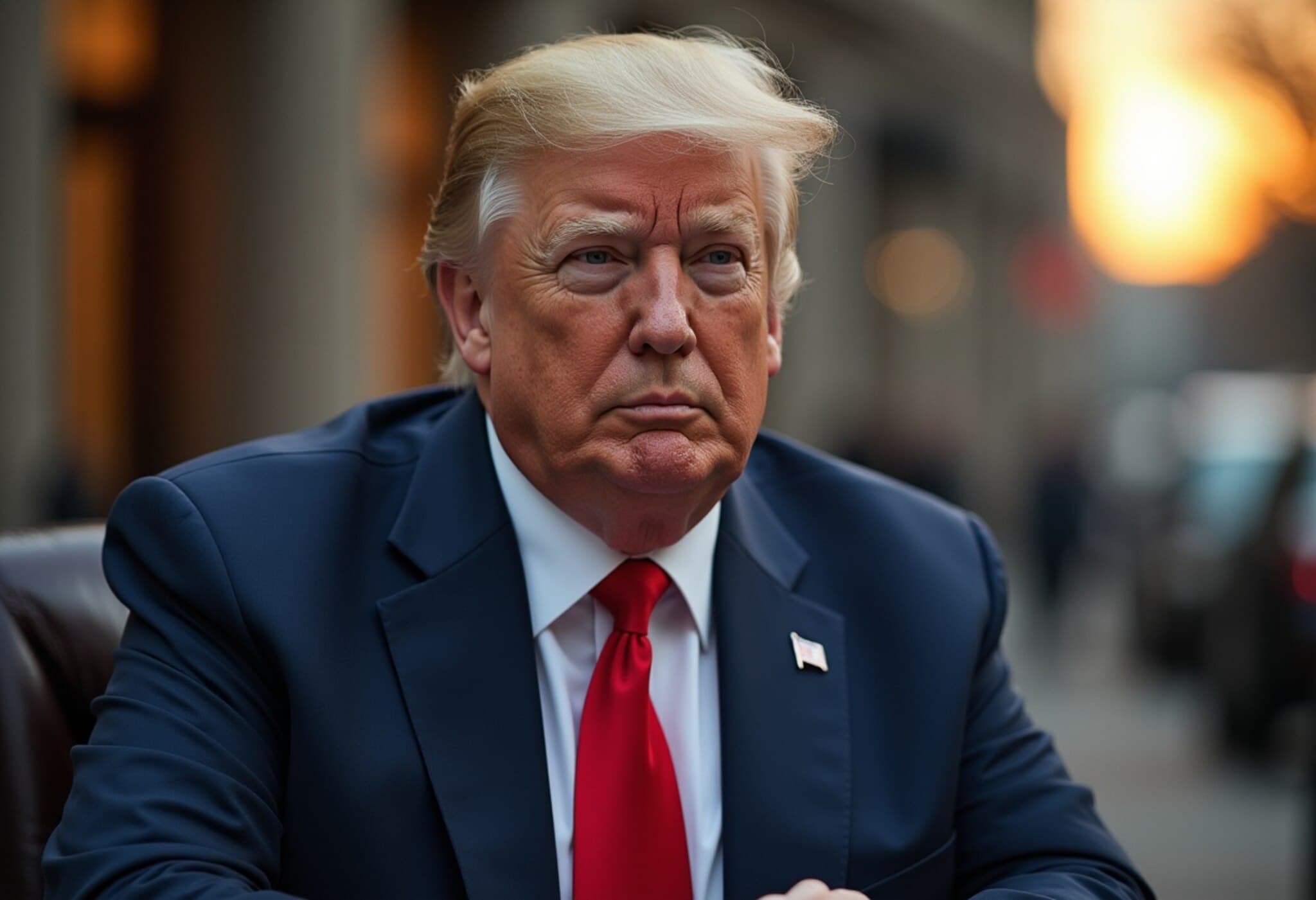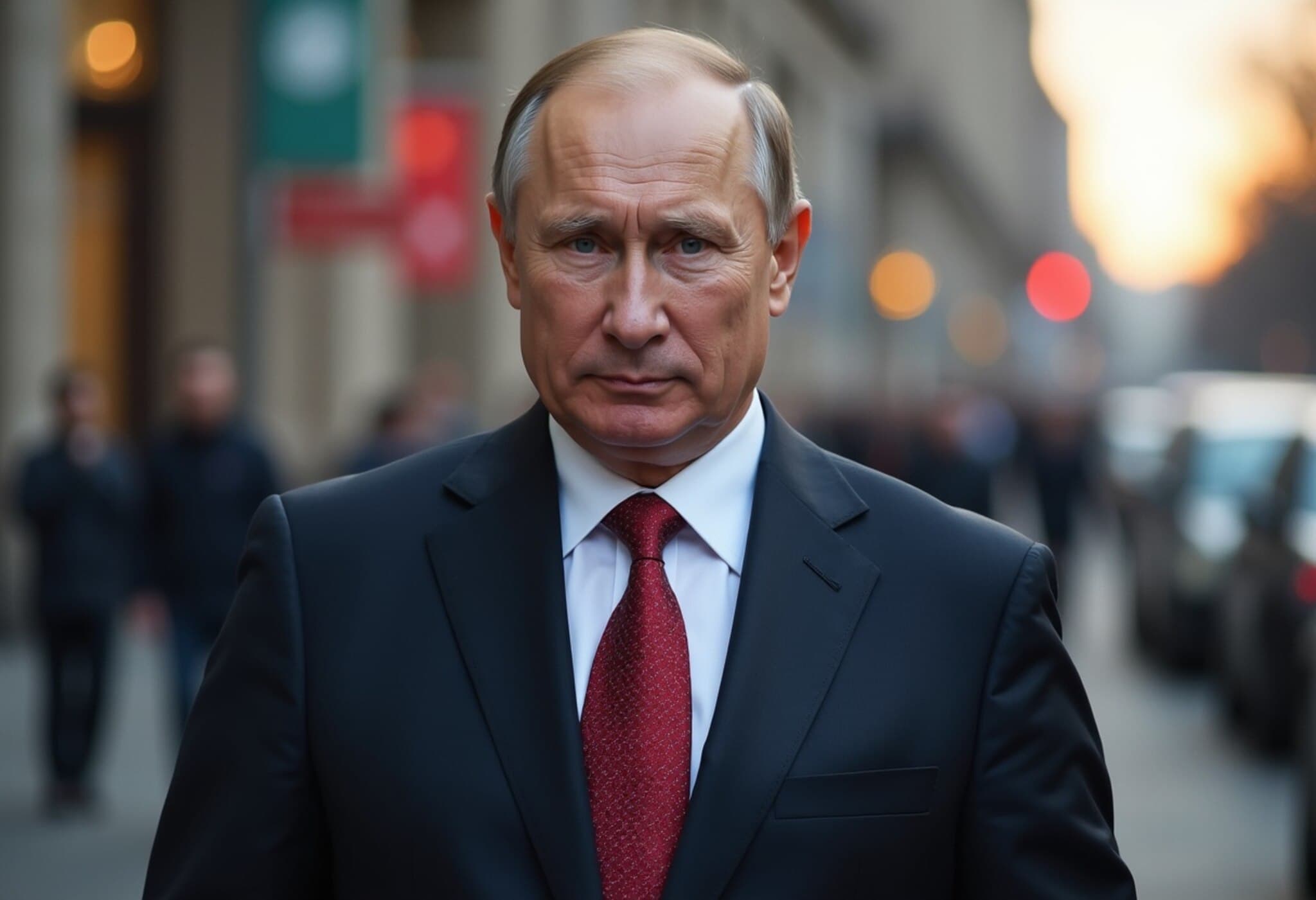Cambodian Prime Minister Nominates Donald Trump for Nobel Peace Prize
In a move that has sparked international attention, Cambodia's Prime Minister Hun Manet formally nominated former U.S. President Donald Trump for the Nobel Peace Prize. The nomination credits Trump with playing a pivotal role in defusing a severe border conflict between Cambodia and Thailand in July 2025, leading to a ceasefire and preventing further devastation.
Defusing a Volatile Border Conflict
The dispute, which erupted into violent clashes along the Cambodia-Thailand border, resulted in 43 deaths and forced over 300,000 people to flee their homes. It rapidly escalated from initial small arms fire to intense artillery exchanges, rockets, and even Thailand’s deployment of an F-16 fighter jet for air strikes.
According to reports from Reuters and statements by Hun Manet, it was a phone call on July 26, 2025, initiated by Trump to the leaders of both nations, that broke the stalemate and paved the way for peace negotiations. This intervention culminated in a ceasefire agreement signed in Malaysia on July 28, which included commitments to prevent future hostilities and allowed for Southeast Asian observer missions to monitor the situation.
Hun Manet's Official Endorsement
Announcing the nomination via a Facebook post, Prime Minister Hun Manet lauded Trump's “extraordinary statesmanship” and described his contribution among the “exceptional achievements in de-escalating tensions in some of the world's most volatile regions.” He emphasized in a letter to the Norwegian Nobel Committee that Trump's intervention was “timely” and crucial to averting what could have been a devastating and prolonged war, saving countless lives in the process.
Regional Implications and Economic Context
Experts note that the Cambodia-Thailand border has long been a flashpoint due to historical tensions and territorial claims. The eruption of violence shocked Southeast Asia and threatened regional stability. Trump's involvement, though informal and unexpected by many observers, underscored the impact of diplomatic engagement beyond traditional channels.
Adding a layer to the diplomatic relationship, Hun Manet had previously thanked Trump for reducing a threatened U.S. tariff on Cambodian imports from a prohibitive 49% down to 19%, helping to preserve Cambodia's vital garment sector which employs millions. This economic dimension likely bolstered cooperation and goodwill between the two countries.
Global Reactions and Broader Peace Efforts
The nomination follows similar suggestions from other countries. Pakistan announced plans to nominate Trump for his role in easing its conflict with India, while Israeli Prime Minister Benjamin Netanyahu has also put forth Trump's name for peace efforts in the Middle East. These overlapping nominations highlight Trump's controversial yet impactful role in international diplomacy after his presidency.
Looking Ahead: Questions and Challenges
While the ceasefire is a critical achievement, observers caution that the underlying territorial disputes and nationalistic tensions require sustained diplomatic efforts to prevent future flare-ups. The Nobel Peace Prize nomination renews debates about the criteria for this prestigious award and how direct or indirect political actions should be weighted.
Furthermore, the broader context of U.S. influence in Southeast Asia—amid rising regional powers and complex alliances—makes Trump's intervention a notable case study for international relations experts examining unconventional peace diplomacy.
Summary: A Moment of Unexpected Diplomacy
Cambodia’s Prime Minister Hun Manet’s nomination of Donald Trump for the Nobel Peace Prize spotlights a rare moment where a former U.S. leader’s direct communication helped end violent conflict in Southeast Asia. Though the ceasefire represents progress, the region faces ongoing challenges requiring long-term solutions. The world watches closely as this nomination prompts reflection on peace processes in today’s complex geopolitical landscape.
Editor’s Note
Trump's Nobel Peace Prize nomination by Cambodia opens intriguing questions about the evolving nature of diplomacy in a multipolar world. Can informal, personal diplomacy between leaders be as effective as formal international mediation? What safeguards are needed to ensure lasting peace after ceasefires? As Southeast Asia grapples with conflicts rooted in history and identity, this story underscores the urgent need for innovative approaches to peacebuilding that blend political pragmatism with regional cooperation.

